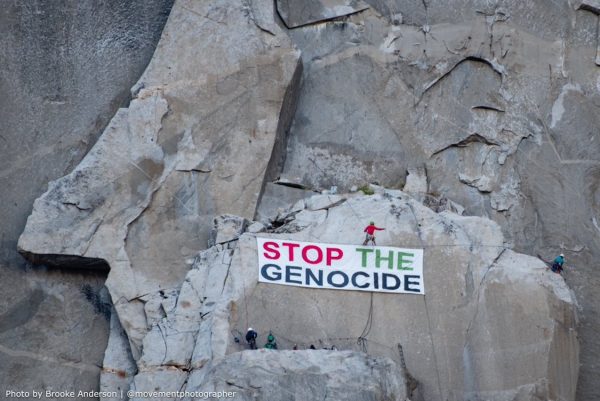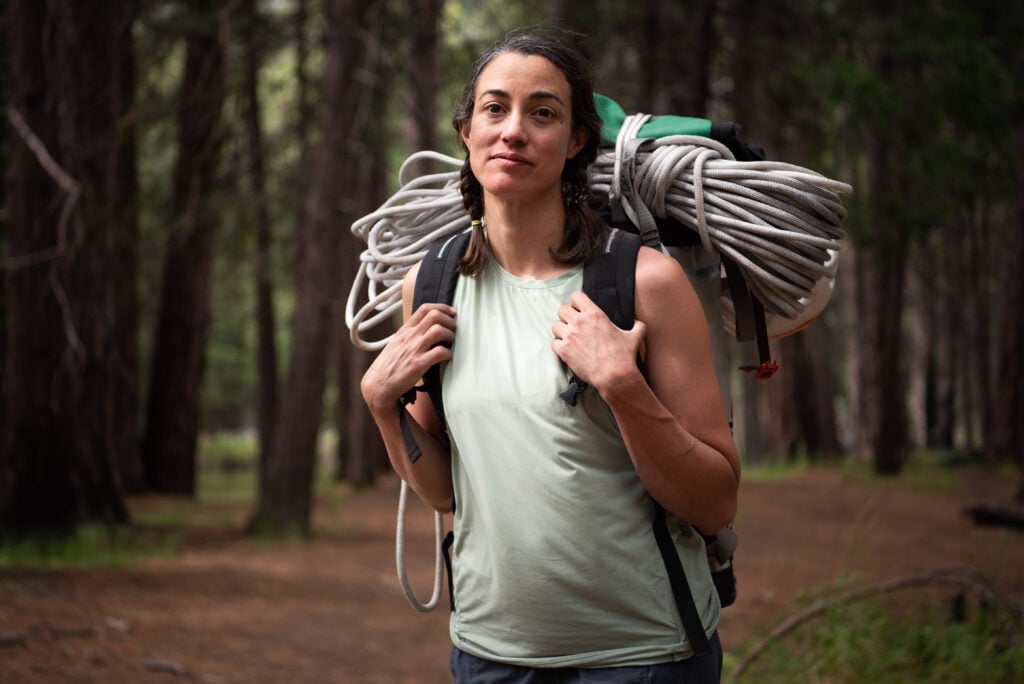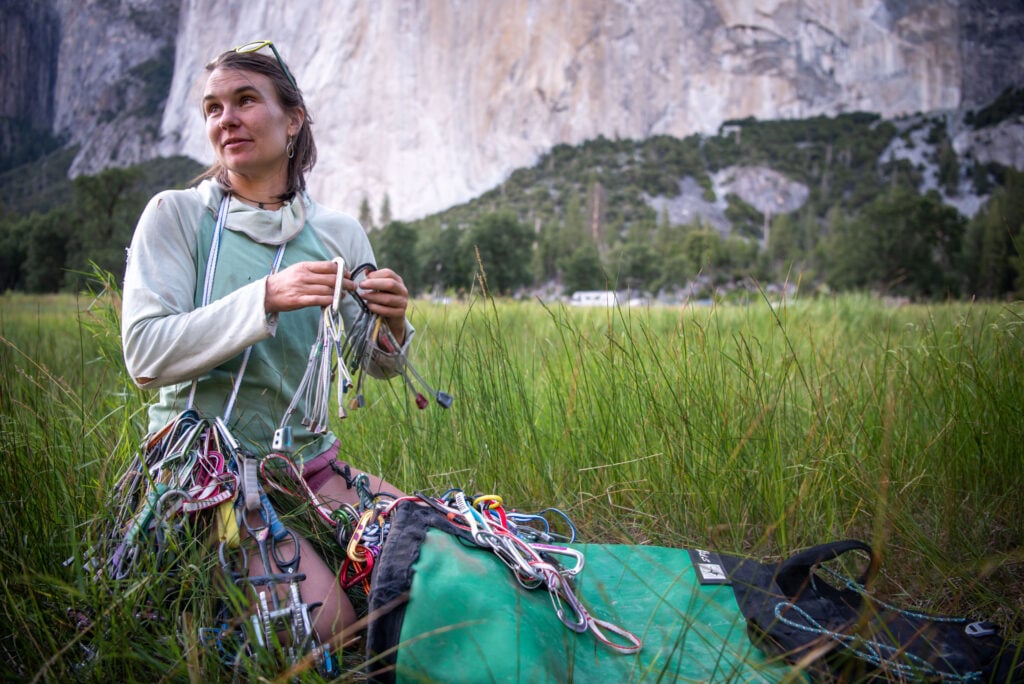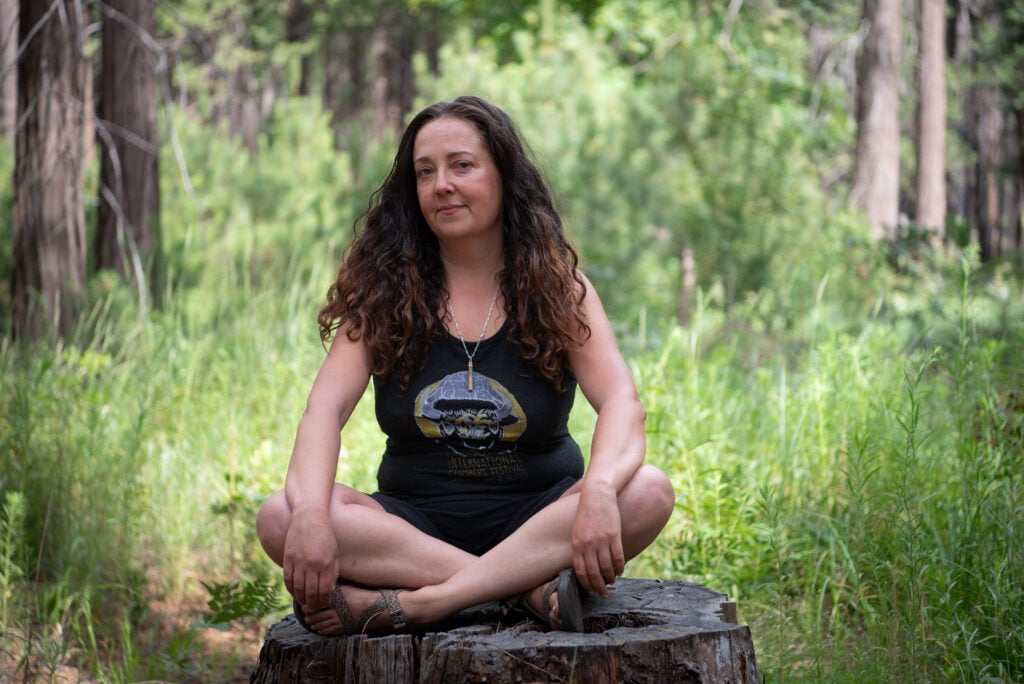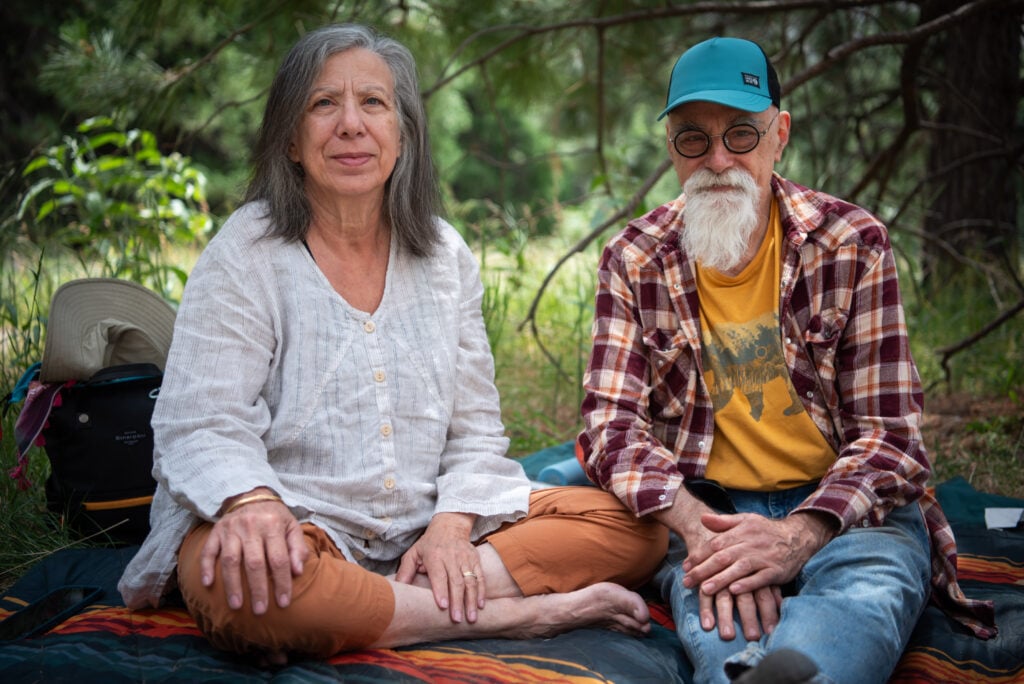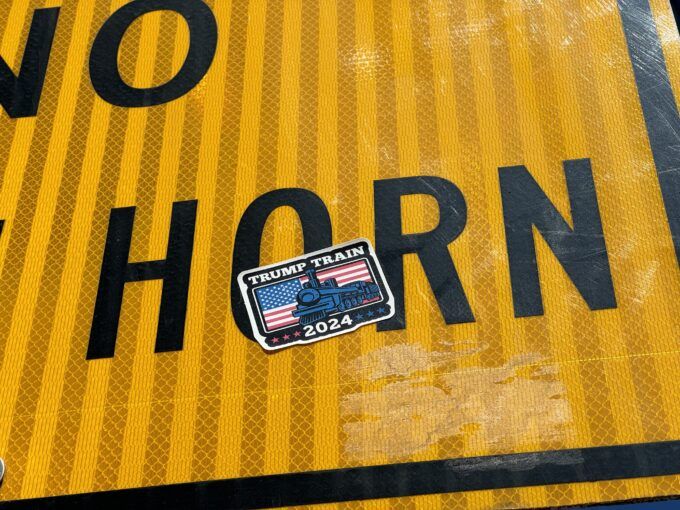In a Brooklyn state house race, pro-Palestine socialist Eon Huntley is challenging incumbent Stefani Zinerman. Zinerman is receiving funding from a pro-Israel PAC as well as rich donors like the Walmart heir — money that she is calling “reparations.”

Eon Tyrell Huntley is running to represent New York State Assembly District 56 in Bed-Stuy and Crown Heights. (Eon for Assembly)
Is “Palestine on the ballot” in a race for New York State Assembly in Central Brooklyn’s 56th District? Challenger Eon Huntley clearly thinks so. As for incumbent Democrat Stefani Zinerman’s view of the slaughter in Gaza, that depends on who you ask.
Backed by New York City’s chapter of Democratic Socialists of America (DSA) and closely tied to Jabari Brisport, the area’s state senator and a DSA leader, Huntley’s campaign poses a threat to the Brooklyn Democratic Party old guard. Hakeem Jeffries and Tish James are trying to circle the wagons behind Zinerman, a former aide to longtime state senator Velmanette Montgomery, Brisport’s predecessor.
Zinerman, as reported by New York Focus, is one of nine candidates receiving funding from Solidarity PAC, a pro-Israel group that publishes a “Wall of Shame” that disparages elected officials critical of Israel.
Late last week, Public Advocate Jumaane Williams announced his somewhat unexpected endorsement of Zinerman. Unlike Jeffries and James, Williams has been a vocal supporter of a cease-fire in Gaza.
In a statement, Williams cited Zinerman’s “experience and leadership as a Black woman representing Central Brooklyn.” Regarding Gaza, Williams explains that “I am also glad that Zinerman has called for a ceasefire, which is immediately needed to end this violence.”
Zinerman’s position on the Palestine crisis may be news to many voters, since it can’t be found via any simple Google search. Her campaign also does not have an active website.
“We haven’t seen any evidence that the assemblywoman supports a cease-fire,” Huntley says. “My record is clear,” he adds, citing his participation in several peace protests and Palestine solidarity teach-ins held in his campaign office.
“That’s the first I’ve heard of it,” Brisport says regarding Williams’s description of Zinerman’s position.
Zinerman did not respond to our requests for comment.
Huntley and Brisport stress that Zinerman has not signed on to the “Not on Our Dime!” legislation that prohibits New York nonprofits from funding settlements in the occupied territories. DSA’s Zohran Mamdani is the lead sponsor in the Assembly, with Brisport at the forefront in the State Senate.
Other DSA legislators, including Brooklyn’s Phara Souffrant Forrest and Julia Salazar, are cosponsors. So is State Senator Robert Jackson, a veteran Harlem Democrat. But the Democratic Party leadership is not yet on board.
“It would be a meaningful expression of support for Zinerman to cosponsor Not on Our Dime,” says Huntley, although he is not holding his breath.
In addition to the pro-Israel PAC funding, Zinerman has received four-figure contributions from Emma Bloomberg, the former mayor’s daughter, as well as Walmart heir Jim Walton (a Koch brothers ally) and various Wall Street players.
Zinerman raised eyebrows by telling Politico last week that “Everyone is spending money on the district, so as far as I’m concerned it’s reparations.”
“That is one of the most ridiculous things I’ve ever heard in my life,” says Brisport. “It degrades the concept of reparations.”
“People tell themselves anything when they are taking money from the same forces that are initiating displacement in our neighborhood,” observes Huntley. “I would never be so flippant about resources that are only benefiting me.”
Asked whether he agrees with Zinerman’s “reparations” comment, Williams opted not to respond.
Money clearly talks in the current Democratic primary. On June 25, we’ll find out what walks.Republished from The Indypendent.
SHARE THIS ARTICLE
FacebookTwitterEmail
CONTRIBUTORS
Theodore Hamm is chair of journalism and new media studies at St Joseph’s College in Clinton Hill, Brooklyn. His book, Bernie’s Brooklyn: How Growing Up in the New Deal City Shaped Bernie Sanders’ Politics is now available from O/R Books.
